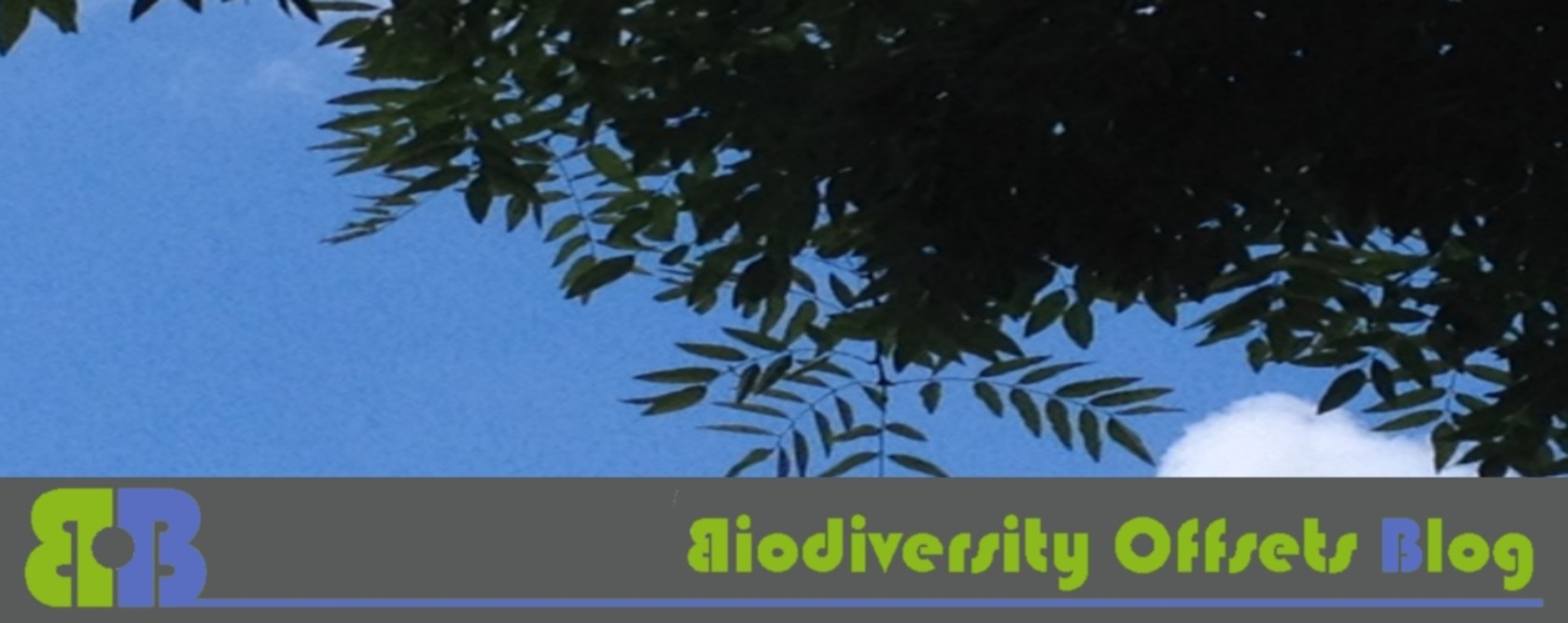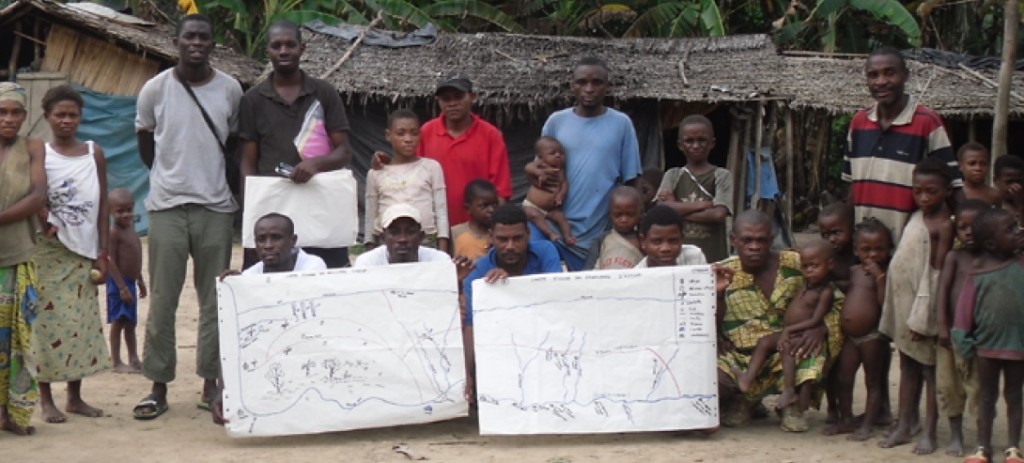The campaigning NGO FERN, based in the UK and in Brussels, is one of the active opponents of biodiversity offsets. Recently they have published the fourth part of a series on critical briefing notes on biodiversity offsets. This briefing notes presents a critical analysis of biodiversity offsets and community rights in Gabon. The full briefing note is accessible online. Find below copied a short introduction as well as the conclusion.
Introduction: Trading away nature and community rights in Gabon
On 1 August 2014, Gabon passed a new Sustainable Development Law (SDL).1 It establishes the framework for a scheme to attempt to offset harm caused to nature and communities through the purchase of environmental and social credits. Offsetting has been trialled in a handful of countries across the globe.
It is part of a trend to make environmental legislation more flexible so that those who wish to continue exploiting natural resources can do so as long as they attempt to make amends.
The focus of this trend has mainly been on offsetting damage to biodiversity or the environment, but the SDL goes much further by trying to apply this theory to communities. This briefing outlines what is presently known about the SDL, gives the history of other offsetting schemes and explains why the idea of offsetting community rights is such a problematic development.
Conclusion
Attempts to offset sulphur pollution, carbon and biodiversity have consistently failed to achieve intended reductions. They have also often actually harmed communities either caught up in the original destruction or the offset site. The SDL is therefore a very concerning precedent as it tries to apply an already flawed theory to communities and their land and rights. This is a step in the wrong direction and support from the EU and European consultants should be withdrawn.
The SDL does not offer any protection for the rights of communities as requested by international human rights law, nor has it given them any say in the drafting of the law or the mechanisms it proposes to establish. It contravenes communities’ rights to property, to free disposal of natural resources, to development, to an adequate standard of living, and to participation in decision-making.
Moreover, the SDL avoids the creation of strong rules to protect the environment and communities in favour of a system that allows damaging plantation expansion to continue so long as the operator can afford to pay.
This will almost certainly achieve the opposite of sustainable development — increased overall damage to environment and communities.Neighbouring countries, communities, policy-makers, and donors all need to be aware of the dangers at the heart of this new piece of legislation, and look at systems that have previously worked to achieve sustainable development before developing any further legal texts. Without community input and consent, any attempts to achieve sustainable development are bound to end in a trail of destruction.

